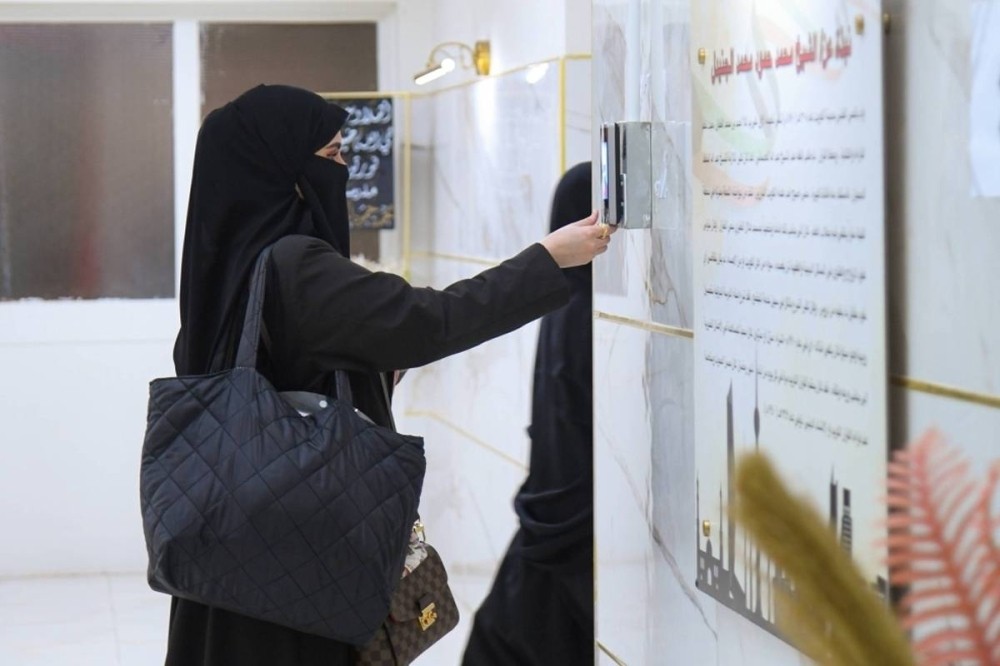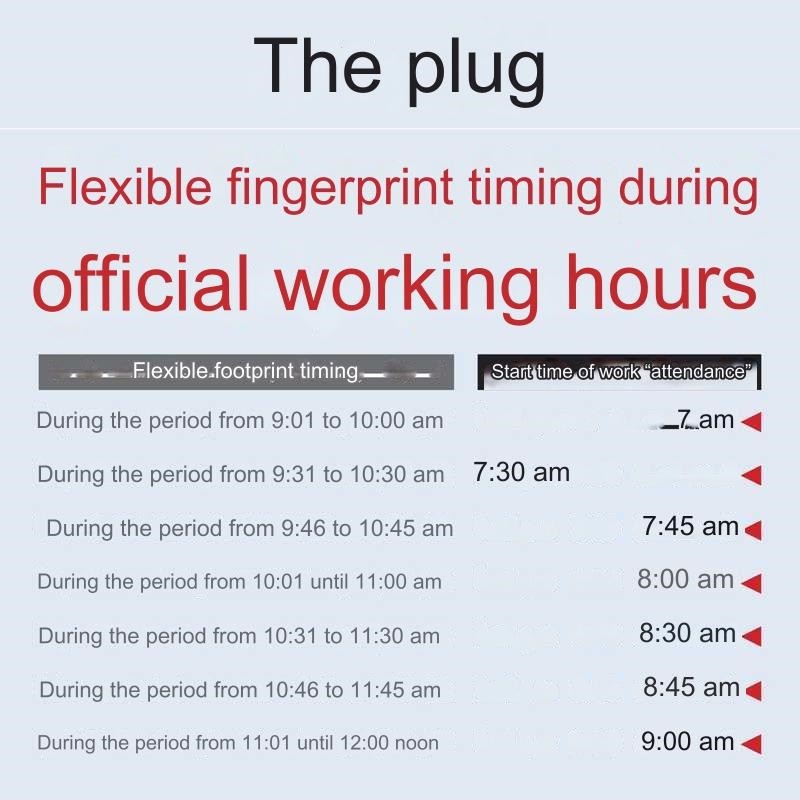14/08/2024
14/08/2024

KUWAIT CITY, Aug 14: The Civil Service Commission (CSC) has announced today, Wednesday, the release of Circular No. 9 of 2024. This circular addresses the implementation of flexible fingerprint verification for attendance during official working hours.
The Bureau’s circular references Civil Service Commission Resolution No. 6 of 2024, which introduces Article No. 10 bis to Civil Service Council Resolution No. 41 of 2006. This addition stipulates that employee attendance, departure, and presence during official hours must be validated using facial recognition, alongside existing electronic fingerprint systems, in accordance with public interest requirements.
Starting next Sunday, all government agencies are mandated to begin using flexible fingerprint verification for attendance during official working hours.
The circular specifies that government agencies using smartphone applications for attendance and departure must integrate flexible fingerprint technology and facial recognition into their systems. Those still using traditional automated fingerprint devices are required to incorporate flexible fingerprint verification and activate facial recognition features. Agencies are also urged to expedite the implementation of smartphone applications to facilitate this process.
The Bureau outlines two key actions for government agencies:
- Display Timing Table: Agencies must post a table showing the fingerprint verification procedure timing, as outlined in the circular, near fingerprint devices.
- Ensure Accessibility: Agencies should ensure that employees can easily prove their attendance using the flexible fingerprint system and provide adequate devices at verification points.
For agencies with work centers or roles where accessing fingerprint verification sites during working hours is challenging, smartphone applications must be utilized. These applications should support flexible fingerprint verification and facial recognition.
Agencies with employees in specialized roles, either inside or outside the work center, should coordinate with the Civil Service Commission to establish suitable times for flexible fingerprint verification. This should be done in a way that does not disrupt work continuity or service provision and accommodates employees who find it difficult to reach standard fingerprint verification sites.
The Civil Service Commission has emphasized the importance of adhering to these new procedures to enhance the efficiency and accuracy of attendance verification.



